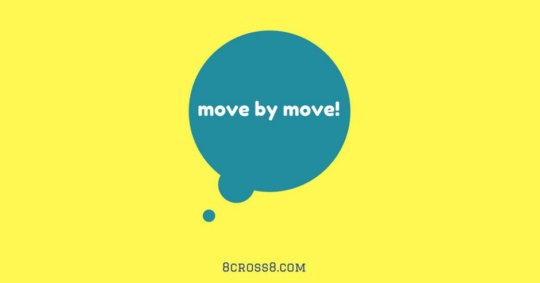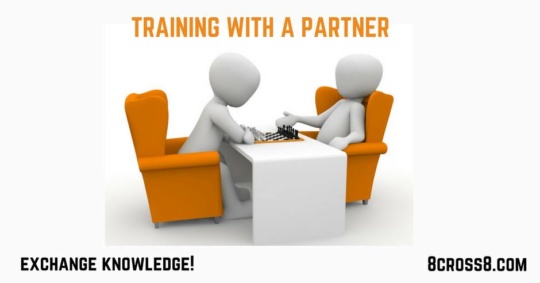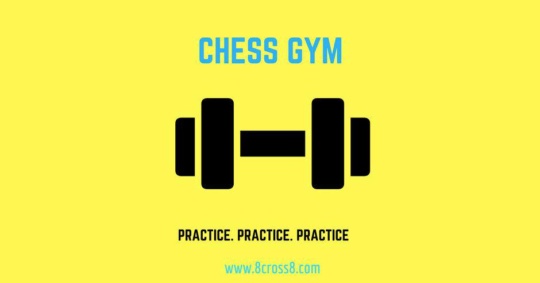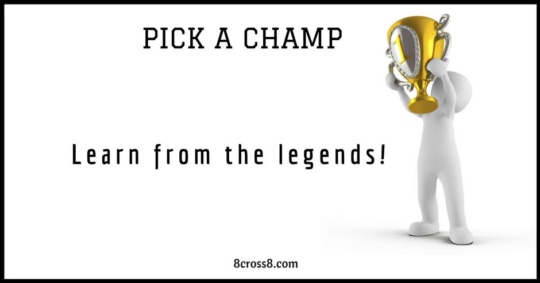[rockthemes_specialgridblock avoid_sidebar=”regular” skip_sg=”true”]
[rockthemes_heading bold_color=”#152840″ regular_color=”#94618e” details_color=”#a5a7a8″ bold_text=”10 Different Methods of” light_text=”Working on Chess” details_text=”” heading_font_size=”” html_tag=”h1″ align=”left” use_icon=”yes” border_bottom=”yes” disable_margin=”no” ]
There are a lot of ways to get better at chess. Trainers, books and other sources of chess materials might have had an influence on our working methods. Ultimately, it is the balance of different subjects and skills that make us a better player.
In this article, I will share 10 different methods of working in order to get better at the game.
1. Move by Move: This is an interactive way of going through a game. It could be a classical game, a stem game of your opening or a recent game derived from TWIC base. Everyman has also allotted a special category called ‘Move by Move’ series on the subject where the Q&A format helps in improving your understanding of the opening or the player you are studying.
Even ChessBase Magazine(CBM) has a column with Q&A with special points assigned for good moves. One of my students told me about Jeroen Bosch’s The Chess Combat Simulator which offers multiple choices in many positions and one could tally up the scores at the end of the game.
Sources: Everyman books, CBM Magazine, The Chess Combat Simulator, Chess Vibes Training.

2. TWIC Check: Every Tuesday morning, Mark Crowther releases a twic issue at www.theweekinchess.com that consists of games played globally throughout the week. Filtering games using ECO codes relevant to your opening could fetch you the games to update your repertoires. For example, you play the Grunfeld with black and you want to know the latest games played during the week. All you need to do is filter by ECO D70 to D99! You could update your surveys with the important games, thus staying equipped with new ideas.

3. Training with a partner: Internet can create a game environment if you are serious enough to make use of the time in the best way. In this aspect, Training with a friend/partner online – has many advantages:
1. You can experiment your openings
2. You can play out practical endgames
3. You can play out studies (Refer Studies for Practical Players)
4. Analyse critical positions from your games
5. Learn the nuances of the opening by exchanging key games

4. Chess Gym: In order to keep your chess mind fit, you need to exercise regularly. Pick tactical positions from a magazine, website or any book and solve them as much as possible. After two weeks, attempt the same positions and see if your timing is improved. Do not rely on the memory while solving the exercises again.

5. Pick a champ: Depending on the need of your understanding, select a player and study him/her for a fixed duration. If you want to feel energetic, pick Kasparov. Study his life, his games with annotations and prepare takeaways from your session. By doing this, you seek more than just the moves of the game.

6. Revise Must-Know Endgames: Revise the basic endgames as the knowledge might come handy in your tournament games. 100 Endgames you must know by Jesus De La Villa could be a good starting point.
Refer: How to play chess endgames by Karsten, Fundamental Chess Endings by Karsten Mueller, Dvoretsky’s Endgame Manual and 100 Endgames you must know
7. Study Structures: Phildor’s quote Pawns are the soul of chess holds true even today! If you understand the nuances connected with the pawns in the openings you play, you will avoid strategic errors in your games. It is important to devote some time to study the structures of the openings you play.
Refer: IQP: Winning Pawn Structures, Flores’s Chess Structures, Endgame Strategy 1 & 2 by Shereshevsky
8. Blitz Training: Playing blitz during weekends is a good idea; Kasparov used his blitz games as a way to train for classical games. Recently, Aronian adopted the same method in Norway. Three games with white, three games with black is more than enough. After the games, immediately check the reference base for opening relevance and spot errors and form conclusions. This is a good way of increasing your knowledge in short time.
9. Solve Studies: Solving study improves visualization, creativity and imagination to a great extent. It also refreshes your mind and enhances your thinking abilities. You could use this as a bridge-break between other activities.
10. Analyse your games: Of all the things mentioned, analyzing your games should top the list. Knowing your strengths and weaknesses could help you in planning and execute well in the future. Therefore, do not neglect your own games. Analyse them, make conclusions and move on!
A balance of all these things is necessary for your overall chess improvement. Manage your chess time in such a way that you devote time to each of these aspects. Good luck!
[/rockthemes_specialgridblock]